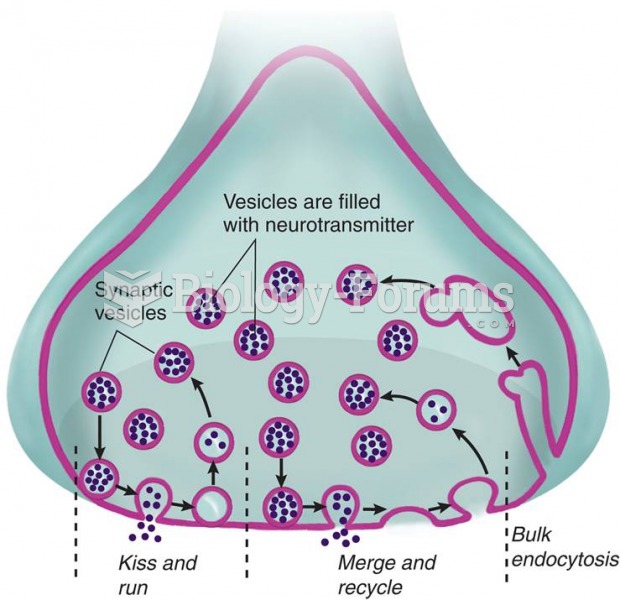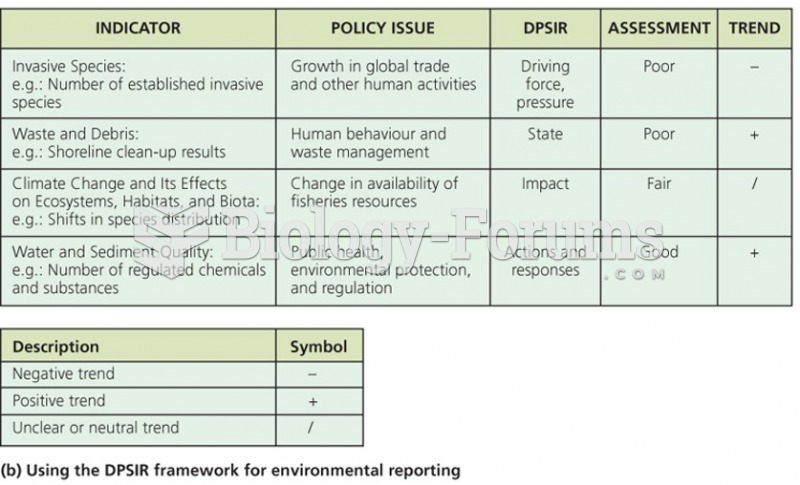Answer to Question 1
Some environmental advantages of recycling are that it saves energy and resources and decreases pollution.
Answer to Question 2
Source reduction is difficult to measure, because it means trying to measure something that no longer exists. The EPA measures source reduction by measuring consumer spending, which reflects the goods and products that ultimately make their way to the trash bin. After 1990, consumer spending continued to grow, but the MSW stream slowed down. If the MSW had grown at the same pace as consumer spending, some 287 million tons would have been generated in 2000 instead of 232 million. Thus, some 55 million tons never made it into the waste stream in 2000, and the EPA considers this to be due to source reduction activities.
Changes in the resources used in the manufacture of goods, the durability of consumer goods, how we package consumer items, how we use consumer items, the types of consumer items purchased, and the quantity of items purchased can all reduce waste at its source. Many changes in the quantity of materials used in the manufacture of consumer items have occurred in recent years. For years, the computer has been cited as a resource that will allow us to consume less paper. Using products longer (e.g., reusable bottles) is an underutilized way of reducing waste at its source. While deposit legislation has not increased the use of reusable bottles, bottle deposits have increased the quantity of aluminum and plastic recycling. Rather than throwing away items, resale is a good idea. Removing your name from junk mail lists also reduces waste at its source.







